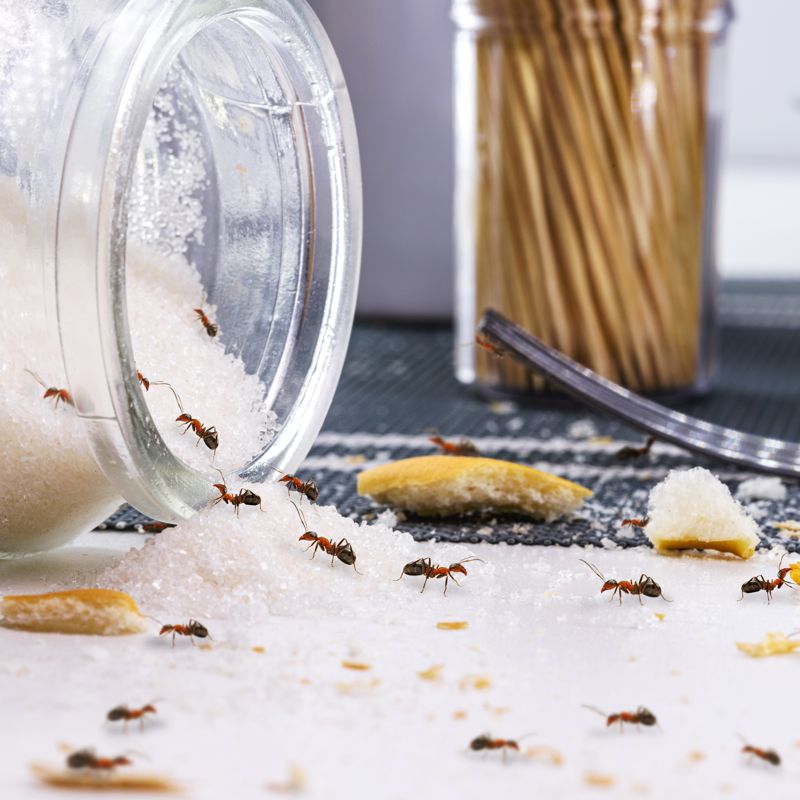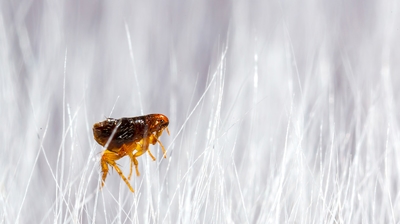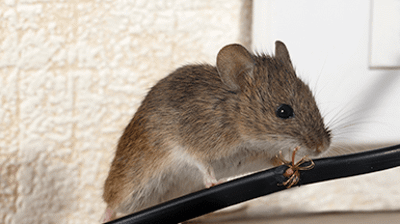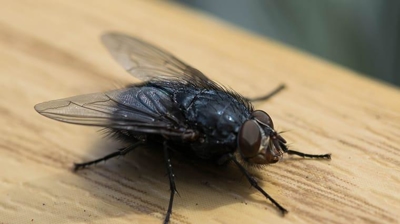A Handy Guide To Effective Rodent Control For Streator Homeowners
It can be very startling to find a rat or mouse in your kitchen when you least expect it, let alone a vole. There are many reasons why homeowners do not want them in their homes, from the risk of contracting dangerous diseases through their urine, feces, and more to having them gnaw on various furniture to keep their teeth trimmed down. Additionally, because rodents will often find refuge behind walls and attics, your sleep might get disrupted by the noise they can make at night. No matter what your reasons are for not wanting them indoors, you do not have to put up with rodents in your home any time of year.
If rodents have taken over, learn about the types of rodents that might invade your house, understand how they can transmit dangerous diseases such as salmonella and cause property damage, and try four practical rodent exclusion tips to help keep them out. For total rodent control that works, Quik-Kill Pest Eliminators provides pest control in Streator you can rely on. These unhygienic invaders reproduce quickly and exponentially and can learn to avoid common traps fast. When it comes to rodents, it is best to take care of an infestation as soon as you notice it before it has a chance to grow out of control.
Schedule Your Free No Obligation Inspection Today & See How Quik-Kill Can Keep Your Home Pest Free. Guaranteed.
If you are worried about pesticides, our team is here to answer all your questions and reassure you that we use very low concentrations only when necessary. We are committed to ending infestations while always keeping your safety in mind.
A member of our team will be in touch shortly to confirm your contact details or address questions you may have.

Why Choose Quik-Kill Pest Eliminators?
-
A Category of OneThere are plenty of pest control companies out there, but there is only one pest eliminator. We don't want to control the pests in your home or business, we want them gone forever. Call us today to get rid of your pest problem for the last time!
-
Guaranteed ServiceOur local, family-owned pest control company is committed to friendly service, effective solutions, and 100% customer satisfaction! If you need pest control in Central Illinois and the Quad Cities, we are ready to help!
-
Effective SolutionsFor over 95 years, Quik-Kill has been perfecting our craft and developing our skills to deliver the best results! Our services include residential pest control, rodent control, mosquito control, and more!
-
Sudden ServiceWe understand how important dependable service is to you, and we make every effort to respond to your pest problems quickly! How soon can your tech come out? Contact us to get started!
Rodents Spread Disease And Damage Property
Rodents are known for being unhygienic pests for good reasons. They can transmit leptospira, lymphocytic choriomeningitis, tularemia, salmonella, and much more. Because rodents walk over the same surfaces where you might eat, prepare food, or touch for any reason, they can quickly spread bacteria and viruses. While you can, of course, contract an illness by touching a rodent, it is a lot more likely that you will have second-hand exposure through feces, urine, and saliva.
If you have rodents in your home, it is crucial that you take the appropriate steps to remove them quickly and consult a medical professional if you develop symptoms, especially gastrointestinal ones like diarrhea, vomiting, nausea, and more. Many of the illnesses above can also cause fever, muscle pain, headaches, and sores or ulcers.
Rodents can also cause significant property damage because their continuously growing incisors need regular trimming. They will do this by gnawing on wood and other natural materials. They will also create holes in walls where they can hide, store food, and make nests. If rodents are in your food supply, there is often no other choice than to discard them to avoid the risk of contamination; this could lead to significant food waste and expenses, especially if the infestation has enlarged.





